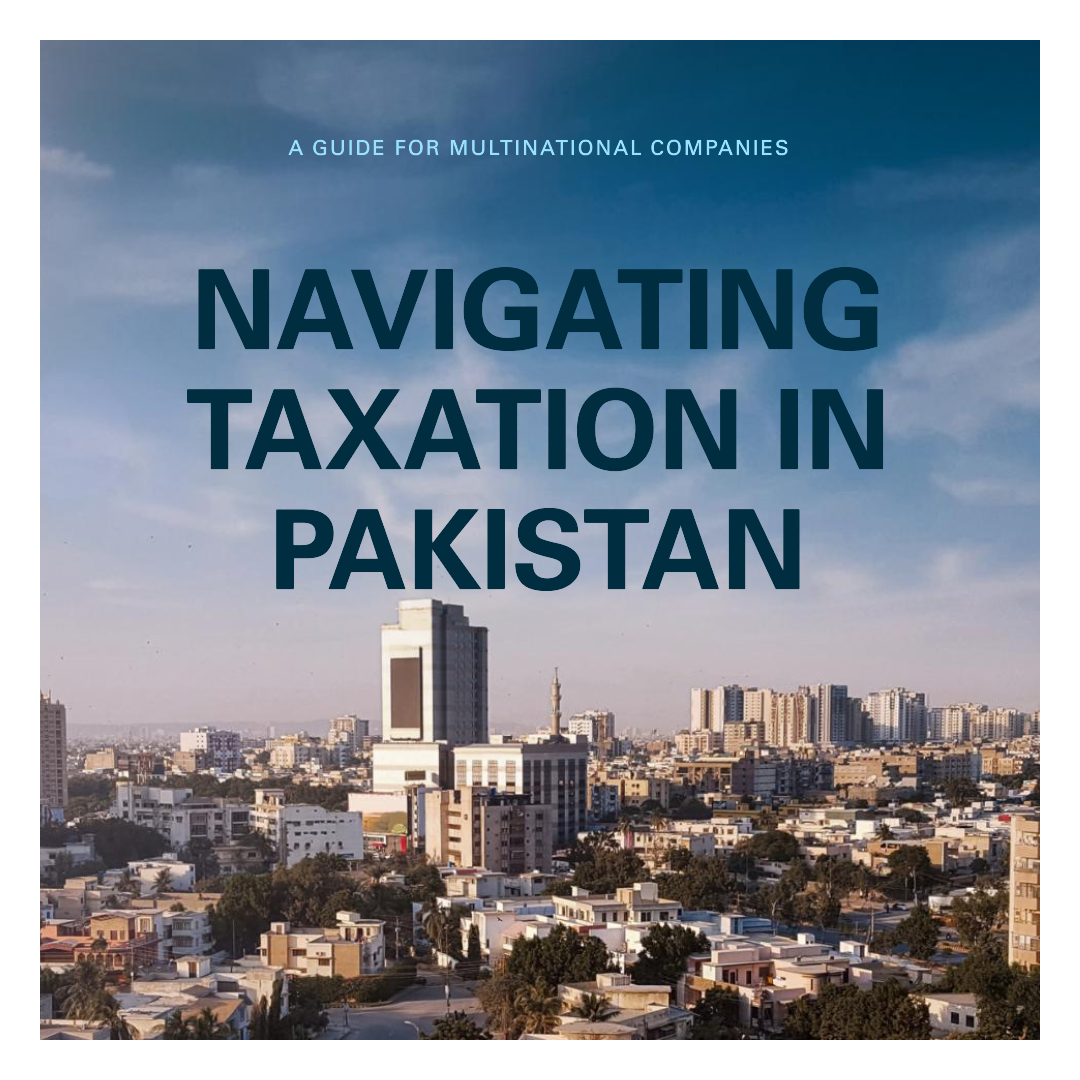Tax Challenges Faced by Multinational Companies Operating in Pakistan
Introduction:
Multinational companies (MNCs) operating in Pakistan face a complex and dynamic tax landscape. Navigating the country’s tax system can be challenging due to the evolving regulatory environment, diverse tax obligations, and the need to align with international tax standards. In this blog post, we will explore the tax challenges encountered by MNCs conducting business in Pakistan.
1. Complex Tax Structure:
Pakistan’s tax system is multifaceted, comprising various taxes and levies, including income tax, sales tax, customs duties, excise duties, and property taxes. MNCs must comprehend and adhere to this intricate tax structure, which can be overwhelming, especially for newcomers.
2. Transfer Pricing Regulations:
Transfer pricing regulations in Pakistan aim to prevent profit shifting between related entities, both domestically and internationally. MNCs must ensure that their intra-group transactions are priced in accordance with arm’s length principles and are documented appropriately to avoid disputes with tax authorities.
3. Evolving Tax Laws and Regulations:
Tax laws and regulations in Pakistan are subject to changes and amendments, often made to align with global tax standards and address emerging issues. Keeping up with these changes requires continuous monitoring and adaptation, which can be resource-intensive for MNCs.
4. Withholding Tax Challenges:
Withholding tax obligations on various transactions, such as dividends, interest, royalties, and services, can be complex. MNCs must correctly identify their withholding tax liabilities and ensure compliance, as any failure can lead to penalties and disputes.
5. Compliance Burden:
Compliance with tax laws in Pakistan requires thorough documentation, reporting, and adherence to filing deadlines. MNCs must allocate significant resources to meet these compliance requirements, which can divert time and attention from core business activities.
6. Tax Audits and Disputes:
Tax audits are common in Pakistan, and MNCs may face audits by tax authorities to verify their compliance with tax laws. Disputes arising from audits can be time-consuming and costly, leading to legal proceedings and reputational risks.
7. International Taxation Challenges:
MNCs operating in Pakistan need to address international tax challenges, including double taxation and the application of tax treaties. Ensuring efficient international tax planning while complying with local regulations can be complex.
8. Indirect Taxes and GST Compliance:
The Goods and Services Tax (GST) regime in Pakistan involves complex compliance requirements for businesses. MNCs must navigate the GST landscape, including the input tax credit system and complex filing procedures.
9. Customs Duties and Trade Regulations:
For MNCs involved in international trade, customs duties, and trade regulations can pose significant challenges. Complying with customs procedures, valuations, and import/export regulations is crucial to avoid delays and additional costs.
10. Documentation and Record-Keeping:
Robust documentation and record-keeping are essential for tax compliance in Pakistan. MNCs must maintain accurate financial records and supporting documentation to substantiate their tax position.
11. Permanent Establishment (PE) Risks:
Multinational companies need to carefully evaluate whether their activities in Pakistan create a permanent establishment, as defined in tax treaties and local tax laws. Establishing a PE can trigger additional tax obligations, potentially leading to disputes with tax authorities.
12. Documentation and Reporting Requirements for Related-Party Transactions:
MNCs engaging in related-party transactions must meet extensive documentation and reporting requirements. Compliance with these regulations is crucial to prevent transfer pricing disputes and penalties.
13. Lack of Tax Treaty Network:
Pakistan’s tax treaty network is not as extensive as in some other countries, which can limit opportunities for treaty-based tax planning. MNCs must carefully consider the tax implications of their cross-border transactions.
14. Uncertainty in Tax Interpretation:
Interpreting tax laws and regulations in Pakistan can be challenging due to vague or conflicting provisions. MNCs may face uncertainties in tax treatment, requiring them to make conservative tax decisions to mitigate risks.
15. Currency Exchange Risks:
Fluctuations in currency exchange rates can impact the financial results of MNCs operating in Pakistan. Managing currency risk is essential to ensure that tax calculations are accurate and compliant.
16. Complex Depreciation Rules:
Depreciation rules for fixed assets in Pakistan can be intricate. MNCs must navigate these rules to calculate depreciation expenses correctly, impacting their financial statements and tax liabilities.
17. Local Compliance Differences:
Tax compliance requirements may vary among different provinces and regions within Pakistan, adding another layer of complexity. MNCs must understand and adhere to regional tax obligations.
18. Customized Tax Planning:
Each MNC has its unique operations and tax profile. Crafting a customized tax planning strategy that aligns with the business’s objectives while complying with Pakistani tax laws can be a demanding task.
19. Talent and Knowledge Transfer:
Transferring tax knowledge and expertise across international teams within an MNC is essential to ensure consistent tax compliance. This process can be challenging due to cultural differences and language barriers.
20. Regulatory Changes and Political Stability:
Pakistan’s political and economic environment can be subject to sudden changes and uncertainties. MNCs must monitor political developments and anticipate potential impacts on tax regulations and business operations.
21. Risk of Double Taxation:
Despite tax treaties, MNCs may still encounter challenges related to double taxation, particularly when tax authorities in multiple jurisdictions assert taxing rights over the same income. Resolving these disputes can be time-consuming and costly.
Conclusion:
Multinational companies operating in Pakistan must navigate a multifaceted and evolving tax landscape. While the challenges are significant, thorough tax planning, compliance, and engagement with tax professionals can help MNCs address these obstacles effectively. By staying informed, adopting best practices, and adapting to regulatory changes, MNCs can optimize their tax positions and successfully operate in Pakistan’s dynamic business environment.



